
|
|

|
All Questions Topic List |
AllQuestion and Answers: Page 475 |
Question Number 166602 Answers: 0 Comments: 0
|
| Determine condition/s that
a number divisible by 11
is a palindrome-number.
|
|
Question Number 166601 Answers: 0 Comments: 0
|
| What is the condition that
a palindrome-number
is divisible by 11?
|
|
Question Number 166597 Answers: 0 Comments: 0
|

|
Question Number 166596 Answers: 0 Comments: 0
|

|
Question Number 166592 Answers: 1 Comments: 0
|

|
Question Number 166585 Answers: 1 Comments: 0
|
| if y = (sinx)^e^x find ((d ( e^(sin^(−1) y) ))/(d (lnx)))
|
|
Question Number 166584 Answers: 1 Comments: 1
|

|
Question Number 166583 Answers: 1 Comments: 0
|
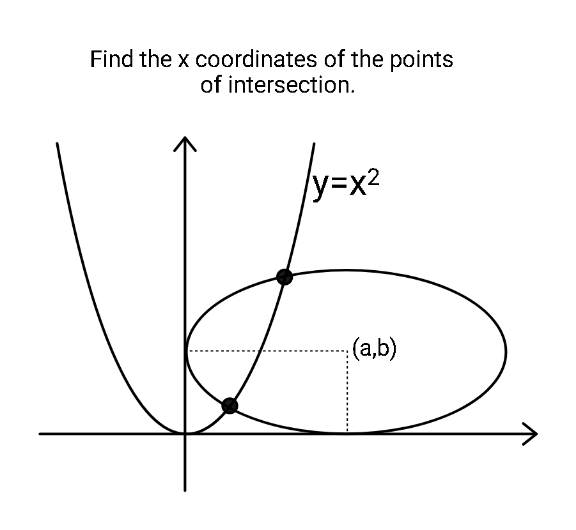
|
Question Number 166580 Answers: 1 Comments: 0
|

|
Question Number 166573 Answers: 1 Comments: 1
|

|
Question Number 166572 Answers: 2 Comments: 0
|
| lim_(n→∞) Σ_(k=0) ^(2n) 2^(−k) cos (√(k/n))=?
|
|
Question Number 166570 Answers: 1 Comments: 0
|
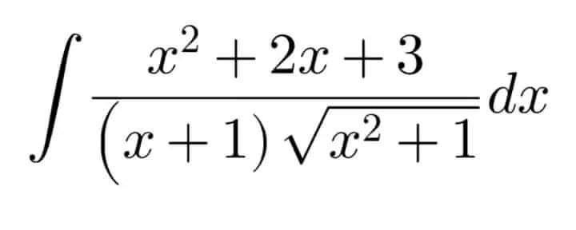
|
Question Number 166569 Answers: 0 Comments: 0
|

|
Question Number 166555 Answers: 0 Comments: 0
|
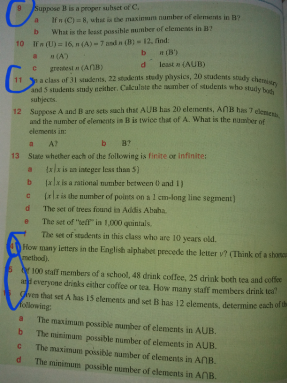
|
Question Number 166554 Answers: 0 Comments: 0
|
| ∫_(−∞) ^∞ sin ((1/2)πx(x+1)) cos (πx^2 ) dx=?
|
|
Question Number 166560 Answers: 1 Comments: 0
|

|
Question Number 166552 Answers: 0 Comments: 0
|
| ∫_(−∞) ^∞ cos ((1/2)πx(x+1)) sin (πx^2 ) dx =?
|
|
Question Number 166542 Answers: 1 Comments: 0
|

|
Question Number 166541 Answers: 1 Comments: 0
|
| fin ∫ sec^3 x dx with out using the bart ?
|
|
Question Number 166539 Answers: 0 Comments: 2
|
| solve the equation
x^2 +xy+y^2 =6x^2 +y
2x^2 +2xy=y^2
|
|
Question Number 166531 Answers: 0 Comments: 2
|
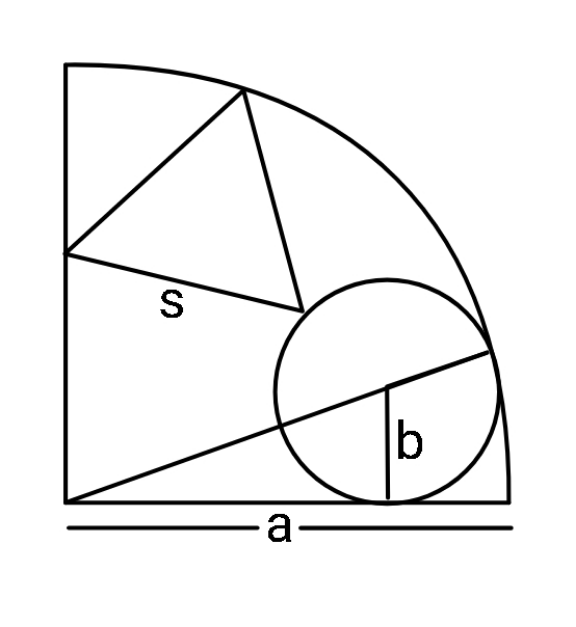
|
Question Number 166530 Answers: 1 Comments: 0
|
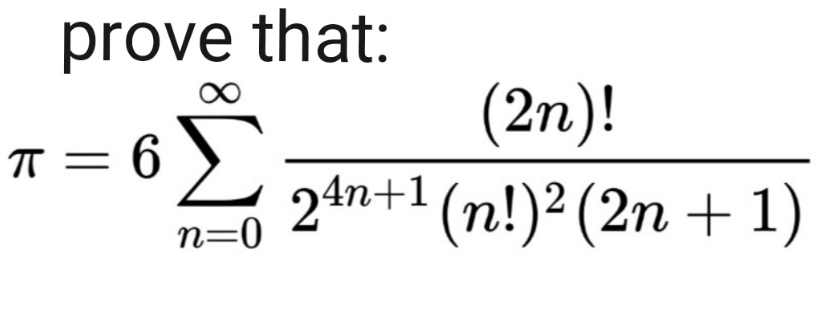
|
Question Number 166526 Answers: 1 Comments: 0
|

|
Question Number 166522 Answers: 1 Comments: 1
|

|
Question Number 166520 Answers: 2 Comments: 2
|

|
Question Number 166516 Answers: 0 Comments: 0
|
| Determine the formula of this expression
Σ_(k=0) ^n (1/((n−k)!(n+k)!))
|
|
Pg 470
Pg 471
Pg 472
Pg 473
Pg 474
Pg 475
Pg 476
Pg 477
Pg 478
Pg 479
|
Terms of Service |
Privacy Policy |
Contact: info@tinkutara.com |


































